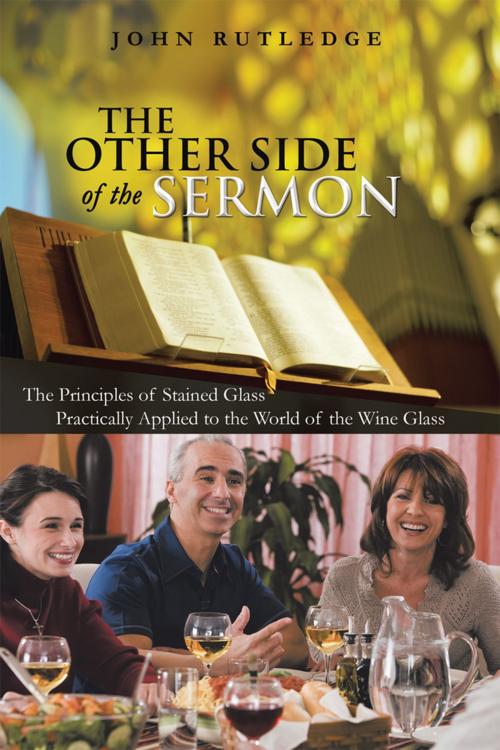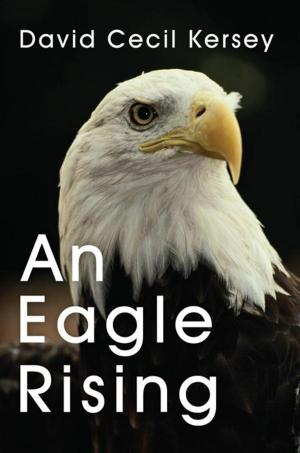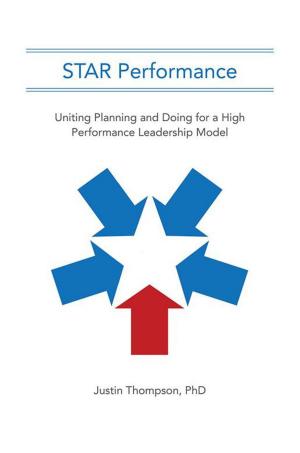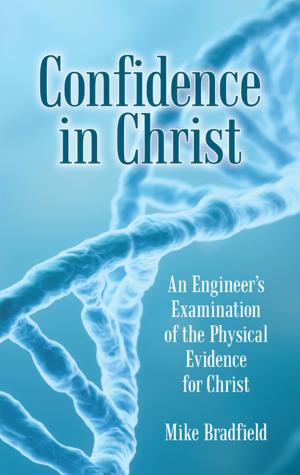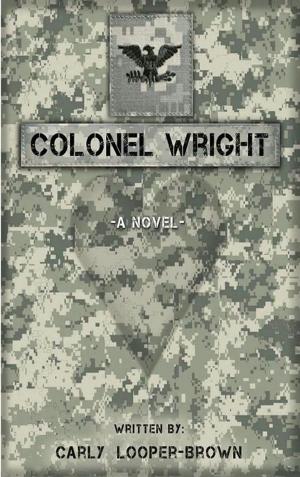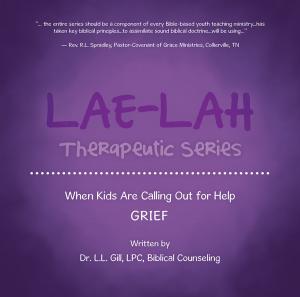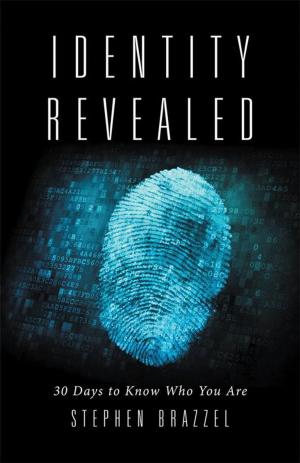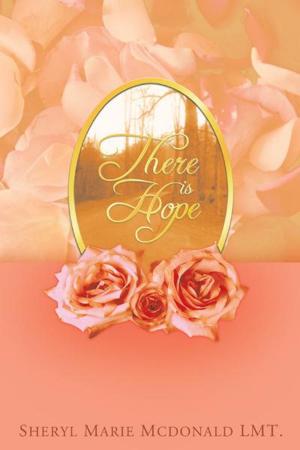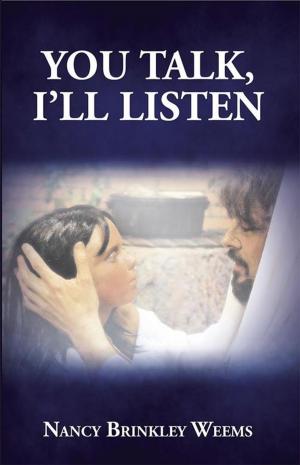The Other Side of the Sermon
The Principles of Stained Glass Practically Applied to the World of the Wine Glass
Nonfiction, Religion & Spirituality, Christianity, General Christianity| Author: | John Rutledge | ISBN: | 9781449792237 |
| Publisher: | WestBow Press | Publication: | April 26, 2013 |
| Imprint: | WestBow Press | Language: | English |
| Author: | John Rutledge |
| ISBN: | 9781449792237 |
| Publisher: | WestBow Press |
| Publication: | April 26, 2013 |
| Imprint: | WestBow Press |
| Language: | English |
The Other Side of the Sermon
arose from years of blindly following a faith that turned out to be inadequate for the challenges and opportunities of the real world. One eventthe death of my wife at forty-three and the difficulties that followedopened my eyes and set me to a search for answers.
And I found them. They had been there all along, but I had never heard them from a pulpit, or in a Sunday school class, or read them in any religious publication. The answers were practical. They were not the touchy-feely sweetness and light that give goose bumps to the gullible; they were tough, workable, necessary tools for living.
Christ, the supreme pragmatic, did not intend that his followers be foolsor fooled. Yet I had been both. Confronting, admitting, and reversing that took time. Three years of writing exposed my fallacious faith, and more than twenty years of practicing those writings have left me with one regret: that I could not have read the book instead of writing it.
We think of religion as a collection of dos and dontsrules by which we justify our behavior to ourselves, to others, and perhaps even to God. Preachers tell us what we must do and what we must not do. And yet Christ told his audiences what they did not have to do and of the discretionary that allowed interpretation.
Freedom from the have-tos, and the release to enjoy the whatever-you-want-tos produced a contented, guilt-free existence in which I could ignore tradition; disregard the opinions of others; and serve, worship, and live in freedom.
I met the practical Christ I had never known. If, in these pages, you meet him too, twenty-five years will have been well-spent.
The Other Side of the Sermon
arose from years of blindly following a faith that turned out to be inadequate for the challenges and opportunities of the real world. One eventthe death of my wife at forty-three and the difficulties that followedopened my eyes and set me to a search for answers.
And I found them. They had been there all along, but I had never heard them from a pulpit, or in a Sunday school class, or read them in any religious publication. The answers were practical. They were not the touchy-feely sweetness and light that give goose bumps to the gullible; they were tough, workable, necessary tools for living.
Christ, the supreme pragmatic, did not intend that his followers be foolsor fooled. Yet I had been both. Confronting, admitting, and reversing that took time. Three years of writing exposed my fallacious faith, and more than twenty years of practicing those writings have left me with one regret: that I could not have read the book instead of writing it.
We think of religion as a collection of dos and dontsrules by which we justify our behavior to ourselves, to others, and perhaps even to God. Preachers tell us what we must do and what we must not do. And yet Christ told his audiences what they did not have to do and of the discretionary that allowed interpretation.
Freedom from the have-tos, and the release to enjoy the whatever-you-want-tos produced a contented, guilt-free existence in which I could ignore tradition; disregard the opinions of others; and serve, worship, and live in freedom.
I met the practical Christ I had never known. If, in these pages, you meet him too, twenty-five years will have been well-spent.
